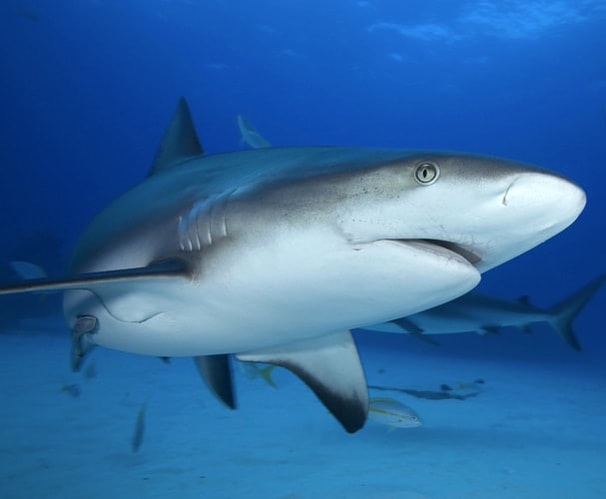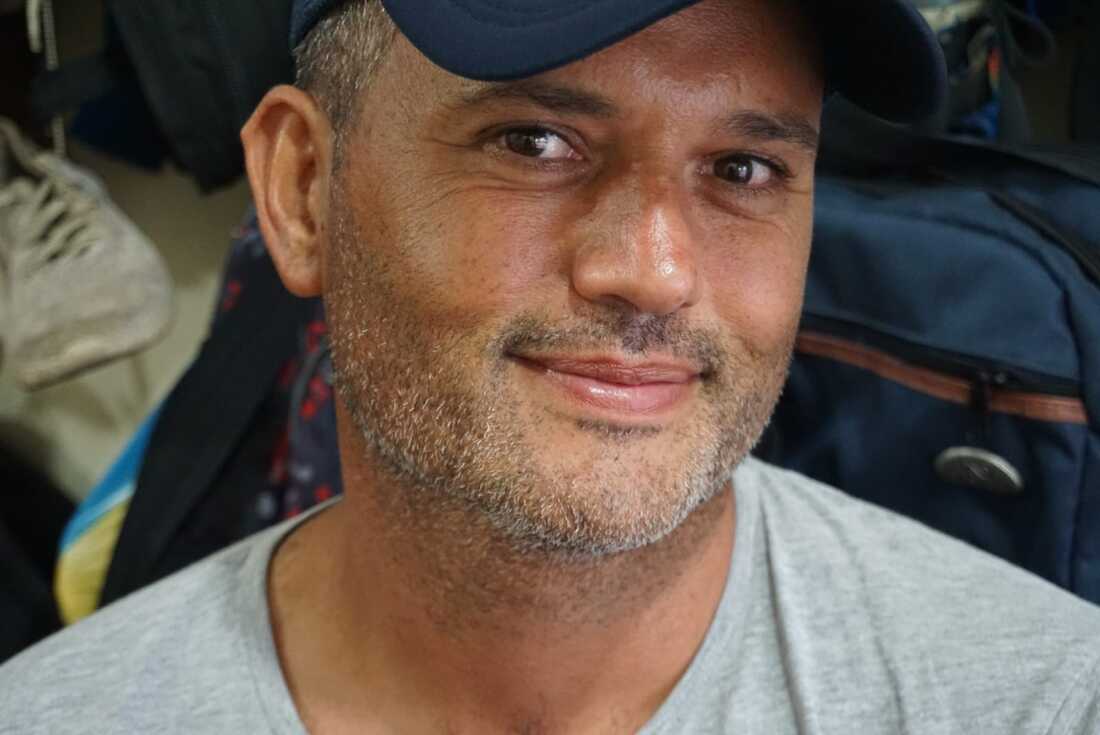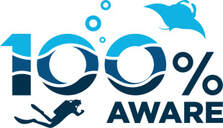|
Galeophobia, derived from Greek words meaning shark and fear, is relatively common. Overcoming this fear involves gradual exposure and may necessitate psychological interventions like psychoanalysis or hypnotherapy. Children experiencing mild galeophobia symptoms often outgrow the fear with time.
Sharks stand as formidable oceanic predators, instilling galeophobia in many humans. The great white shark, with its powerful body, cartilage skeleton, and lightning-fast agility, reigns as the Earth's mightiest fish. However, the orca, though atop the oceanic food chain, distinguishes itself as a marine mammal. The shark's notorious reputation stems from non-scientific misconceptions perpetuated by popular culture, contributing to galeophobia, an overwhelming fear of sharks. Unlike the less common ichthyophobia, the fear of fish, galeophobia is not considered a psychological disorder, yet it affects more people due to the potential danger sharks pose to humans. Despite slim chances of a shark attack proving fatal, the fear manifests in panic attacks, stress, and various physical symptoms. Exposure therapy, such as swimming with sharks in controlled environments, offers a therapeutic approach to overcoming galeophobia. Hollywood movies, portraying sharks as ruthless predators, further amplify fears. In extreme cases, where fear interferes with daily life, seeking professional help for a clinical diagnosis is recommended. Understanding and addressing galeophobia can empower individuals to appreciate the beauty of these creatures without irrational terror. Join our liveaboard trips and enjoy the safe interaction : Trip details : linktr.ee/apneagalapagos
0 Comments
|
Jesse Dubois
Enviromentalist Freedive Coach INSTRUCTOR TRAINER Archives
February 2024
|

 RSS Feed
RSS Feed





